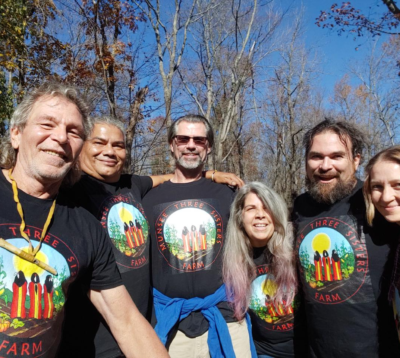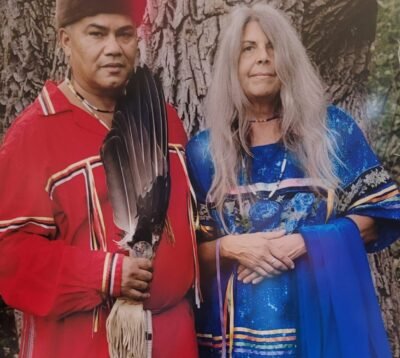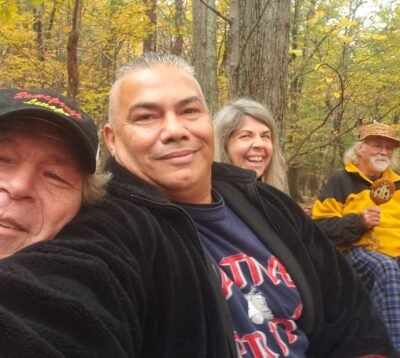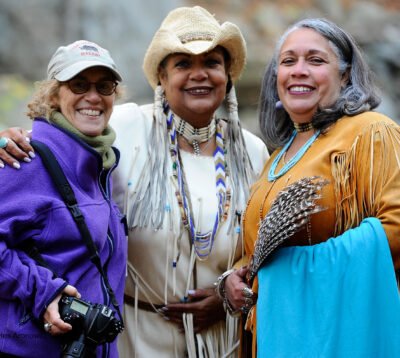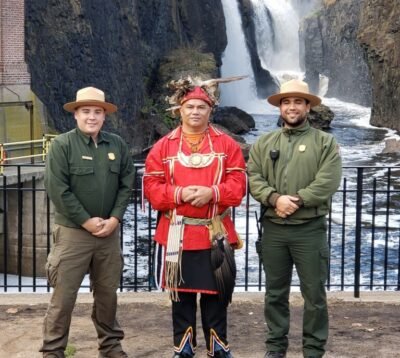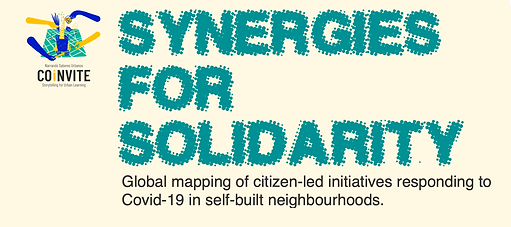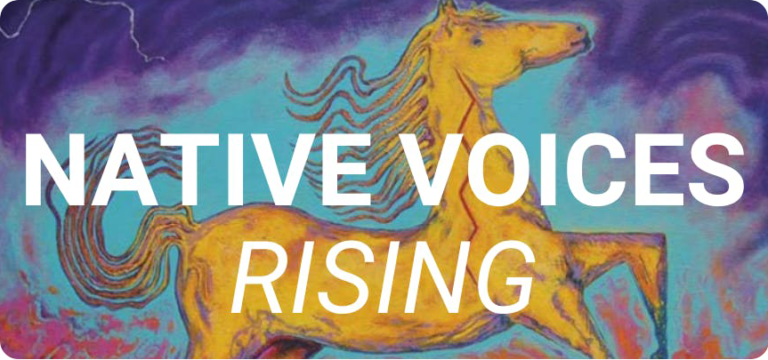Who we are
At the Ramapough Culture and Land Foundation, our mission is deeply rooted in the preservation and restoration of the vital aspects of the Ramapough Munsee ancestral lands.
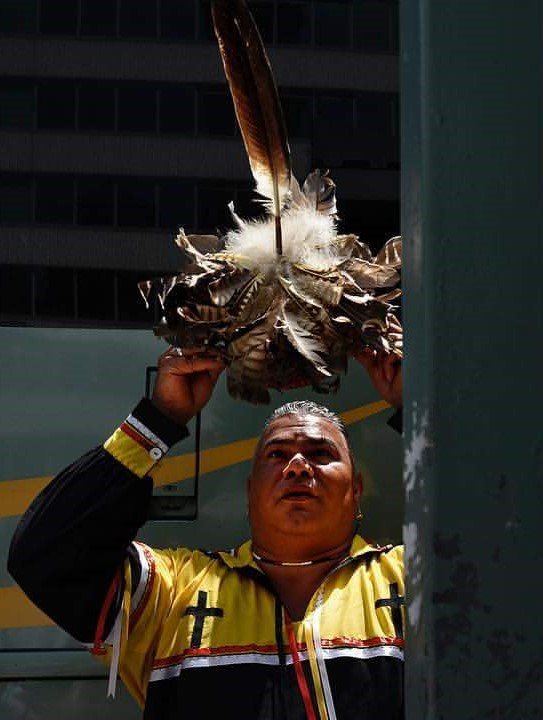
OUR History
The Ramapough are the Munsee speaking people who, while others were forced to move, stayed behind and have since maintained a presence in Northern New Jersey and Southern New York for more than 11,000 years.
We are the Munsee band who stayed behind to protect our homelands and to protect our rights to hunt, to fish, to gather, and to strip bark from trees on this land – as rights reserved to us in the Treaty of Easton in 1758 by our ancestors.
Partners

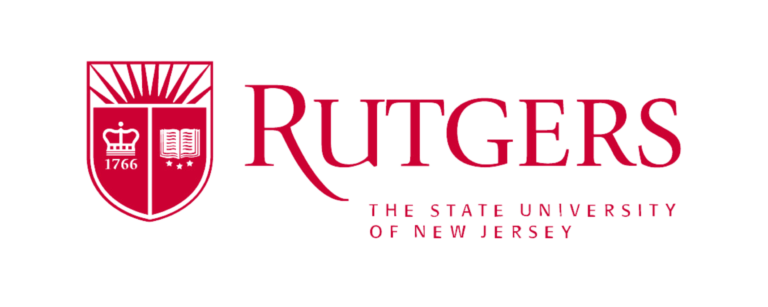

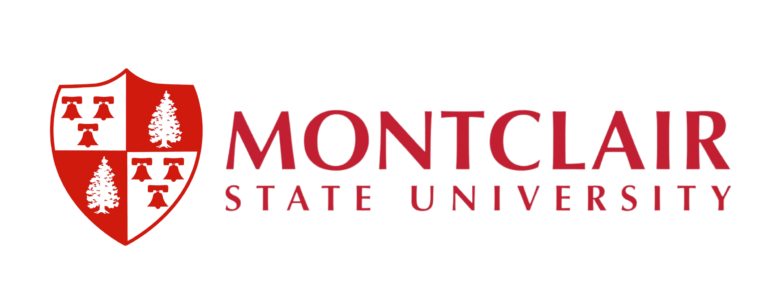




EXPLORE OUR ISSUES
For nearly six decades, the Ramapough Turtle Clan has endured the devastating consequences of 256 million pounds of toxic waste dumped by the Ford Motor Company around our homes and throughout our sacred mountains in Ringwood, New Jersey.
This environmental calamity is an ongoing battle against a toxic legacy that has decimated our community, leaving a trail of illness, suffering, and violated rights. Our lands, once the bedrock of our culture and livelihood, now serve as a stark emblem of corporate negligence and environmental injustice.
Due to the toxic waste that has been disposed of upon our community in Ringwood, New Jersey, we’ve lost the ability to hunt clean game animals and gather traditional resources. We risk losing the knowledge of our healing plants, and with that, the loss of language, and culture. Food sovereignty gives us an opportunity to heal through regeneration, preserving cultural heritage and promoting community health.
Central to this mission is the Munsee Three Sisters Farm, a thriving symbol of our dedication to traditional agricultural practices and community support.
When our ancestors came to this region 11,000 years ago they recognized the sacred nature of the giant shards of iron ore in the Ramapo Mountains, as we still do today. Protecting this land and history is our inheritance and responsibility.
The Ramapough Culture and Land Foundation works with state agencies and nonprofits to preserve our people’s sacred ceremonial stone landscapes, so that generations to come can enjoy the rich history and culture hidden in plain sight in the beautiful Ramapo Mountains.
Resources & Links
TPUTÁAWII XÚWII-PAMBÍILAK
TA-WE X-WE BAM BE-LOCK – a collection of old books – AN EASTERN WOODLAND-APEDIA
RAMAPO MUNSEE LENAPE NETWORK
Explore upcoming events, historical records, community posts and more.
Our Land, Our Stories
Excavating Subterancan Histories of RingWood Mines and Ramapough Lunaape Nation
Historical Overview

- Ancestral Roots: The Ramapough have lived in the area around the Ramapo Mountains for over 11,000 years.
- Colonial Encounters: First contact with Europeans occurred in the 16th century, leading to significant cultural and territorial sacrifices.
- Treaty of Easton (1758): Reserved hunting, fishing, and land rights for the Ramapough people.
- Industrialization: The 19th and 20th centuries brought industrial developments and iron impacting traditional ways of life.
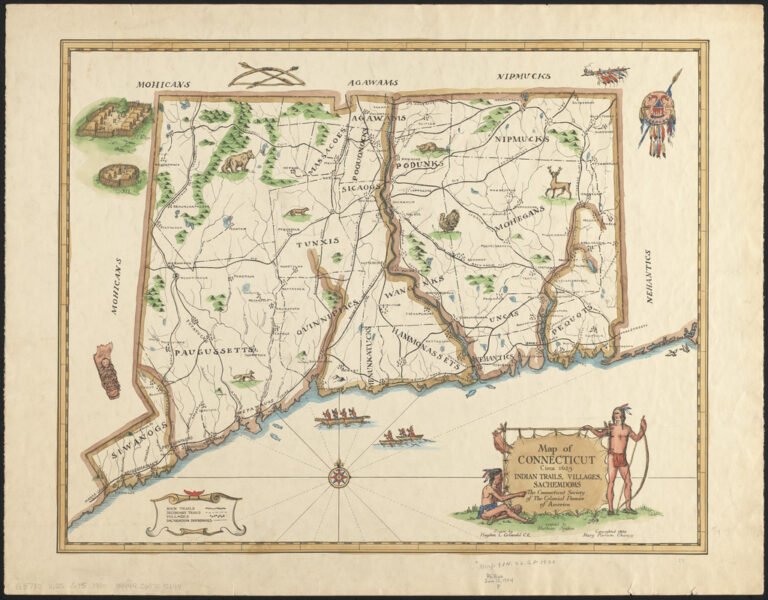
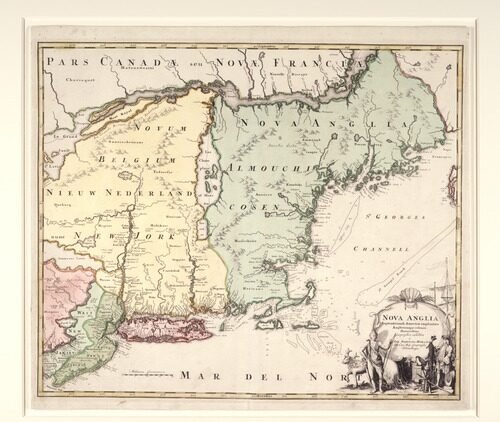
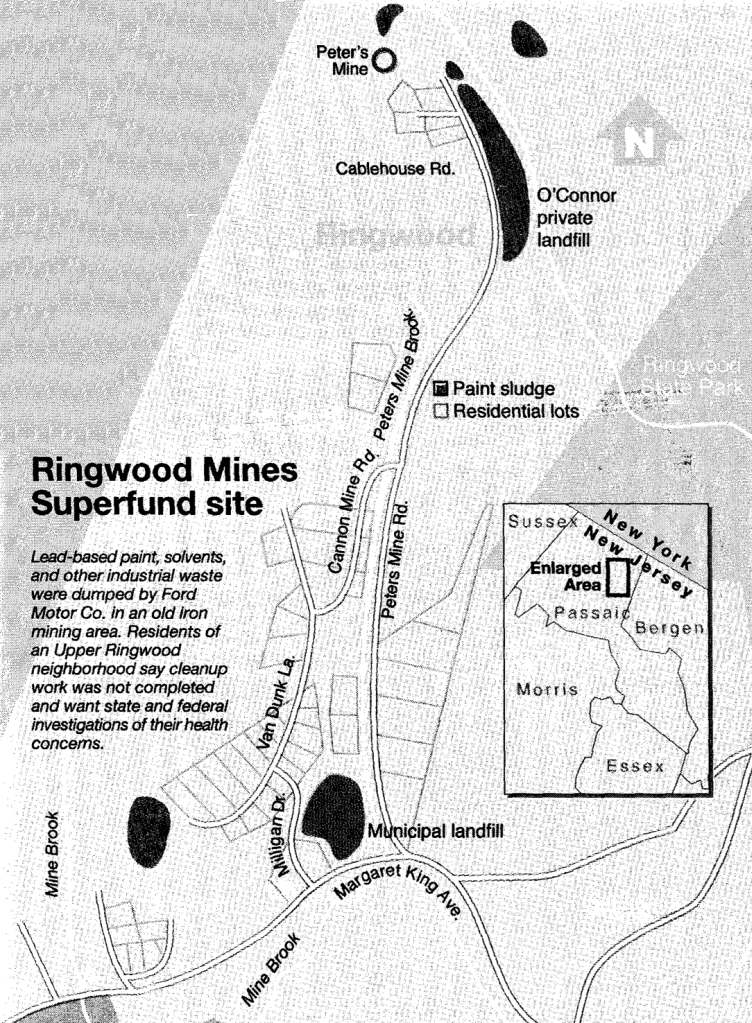
“Our people considered the magnetite our grandfathers. We can only imagine what they thought when European settlers began building their mines and destroying our living relatives.”
- Environmental Crisis: The mid-20th century subjected them to one of the worst environmental crimes in history, the dumping of toxic waste by Ford Motor Company in their lands.
- Superfund Site Designation: The affected area became a Federal Superfund site, acknowledging severe contamination and exposure hazard.
- Mann vs. Ford: A landmark legal battle highlighting the environmental injustices faced by the Ramapough.
- Cultural Preservation: Ongoing efforts to protect language, traditions, and sacred sites.
- Food Sovereignty Initiatives: RCLF formed to promote initiatives like the Munsee Three Sisters Farm to reclaim traditional agricultural practices.
- Advocacy and Resilience: Continued fight for environmental cleanup and cultural rights.

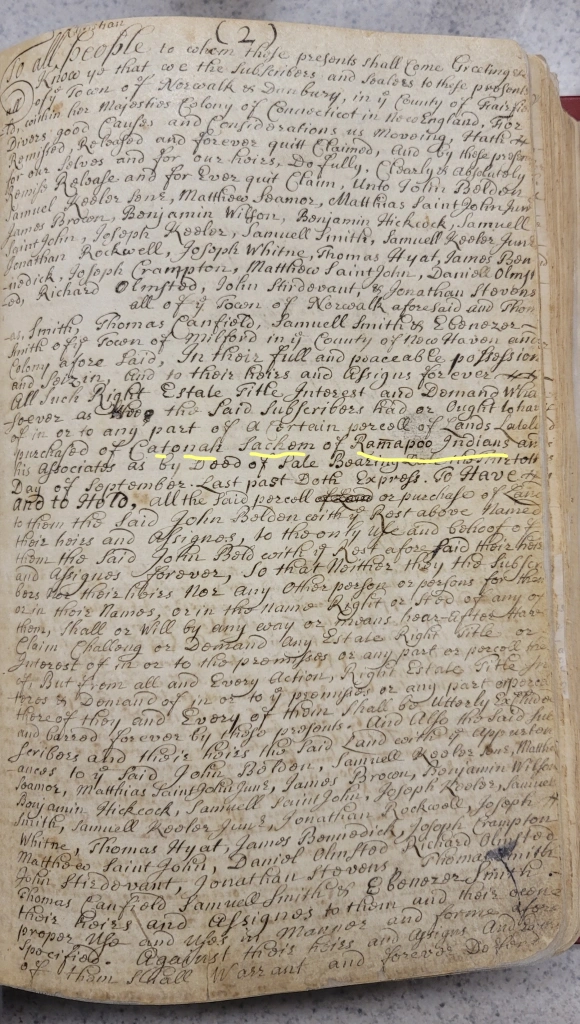
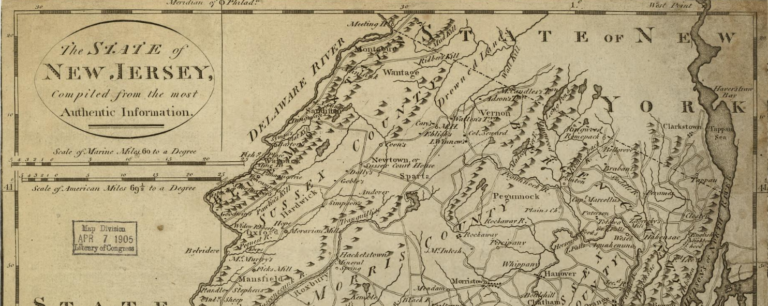

Meet the Board
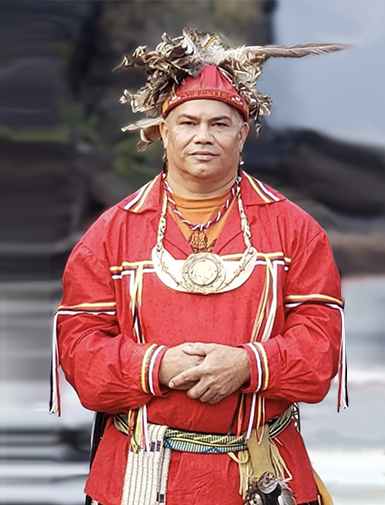
Chief Vincent Mann Board President
Vincent Mann, Turtle Clan Chief of the Ramapough Lenape Nation, actively combats the aftermath of Ford Motor Company's toxic dumping in Ringwood Mines and co-founded the Munsee Three Sisters Medicinal Farm to revive food sovereignty for his Clan. A trustee of the Highlands Coalition and a respected advocate for environmental justice, Chief Mann collaborates with universities and regularly lectures on the importance of indigenous knowledge, earning recognition for his dedicated service to his community and the environment.
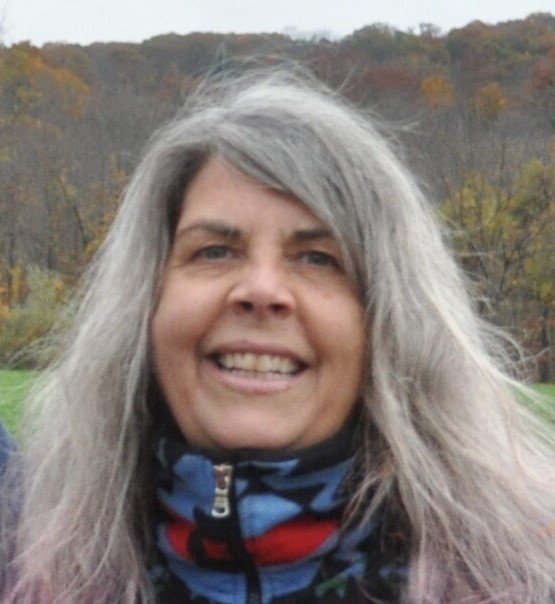
Michaeline Newton Mann Board Vice President
Michaeline Picaro, a Turtle Clan member of the Ramapough Lunaape Nation, has initiated a community garden in Northern New Jersey, blending her roles as a mother, artist, nurse, and healer. Her work, deeply influenced by native medicinal teachings and a profound spiritual connection with nature, focuses on holistic approaches to farming, health, and wellness. Through her diverse background in nursing, holistic healing, and art, Picaro advocates for natural medicine and food foraging, embodying the teachings of Mother Earth in daily life.

Steve Burton Board Trustee
Steven Burton, a veteran of the United States Air Force and member of both the Ramapough Lenape and Oneida Nations, currently co-chairs the New Jersey Commission on American Indian Affairs, focusing on cultural, educational, and welfare development for American Indian communities. With a history of leadership, including serving as the Deer Clan Chief of the Ramapough Lenape Nation, Burton is dedicated to fostering understanding and opportunities for American Indian Tribal members in New Jersey. He is also a devoted family man, married to Cheryl Burton and the proud father to three children.

Lehman Mann Board Trustee
Lehman Mann is a member of the Turtle Clan.
